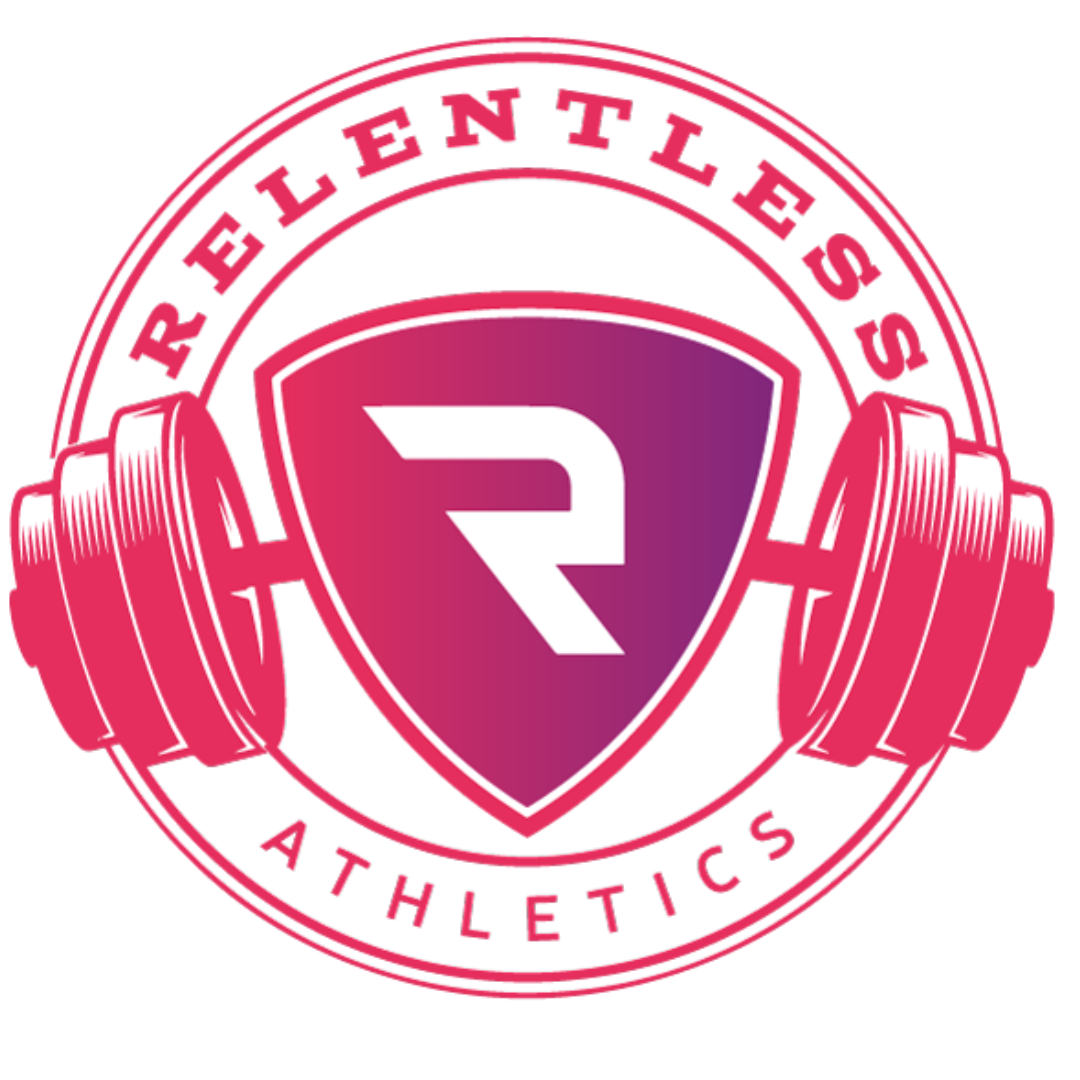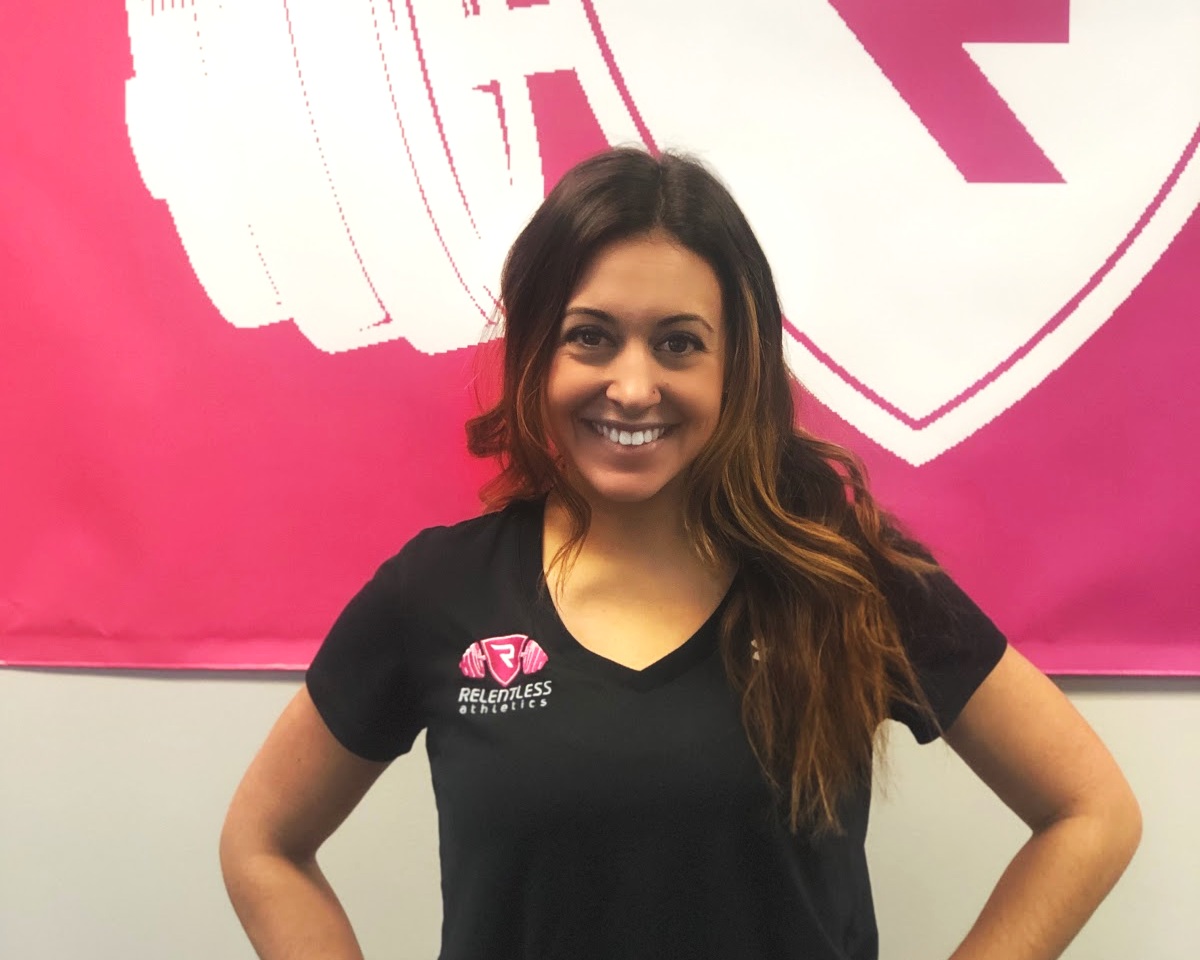How to stay fueled DURING your game
By: Emily R Pappas, M.S.
Have you ever had a long training practice or game where you start out STRONG....but then hit a WALL and your performance plummets?
There is an EASY fix to prevent this drop and it all comes down to your nutrition practices DURING your training.
And it all comes down to science.
Intra-game fueling is KEY for optimal performance:
Carbohydrates are the preferred energy source for high-intensity activity.
As you begin your game or training, your performance is on point as your muscles are able to receive this preferred energy source via its own glycogen stores.
After an hour, your glycogen stores will be depleted and your muscles turn to your blood to find sugar to fuel their performance. If you consumed a meal full of protein and complex carbs pre-training, your blood will have adequate sugar available to help fuel performance.
In addition, your liver will also release some of its glycogen stores into the bloodstream for fast delivery to your muscles when you need them most.
As your training or game nears the 1.5-hour mark, the sugar availability in your blood starts to diminish and fatigue starts to set in.
When your muscles are unable to maintain an adequate energy supply to the processes involved in excitation and contraction, there is an inability to translate the motor drive (your brain) into an expected force.
Put simply, your muscles start to fatigue, your performance decreases, and you hit the dreaded wall.
What about fat stores?
It makes sense for an athlete to think her fat stores can help fuel her muscles through the final half of her game....but physiologically her body is not able to break down fats at the same rate as it does carbohydrates.
This is a problem when the rate of energy breakdown is essential to the rate of force production (aka how fast you sprint, hard you kick, high you jump).
Fat stores (or triglycerides) take much longer to break down into energy as they rely on the aerobic system. Longer time to release energy means decreased athletic performance in terms of force, speed, and power output.
Intra-workout Carbs to the rescue!
Instead of turning to fat stores, your body DOES have another option.
If you ingest carbohydrates during this time, your muscles can use the newly ingested sugars from the blood towards the QUICK ENERGY OUTPUT your game requires.
This means, no slow fat digestion, and instead fast energy your muscles need to perform.
ADD PROTEIN for a RECOVERY bonus
Protein is the building block for your muscles.
When you add protein to mix, the carbohydrates act as a shuttle that brings the protein directly into the muscle.
Recovery begins the moment a game ends. The faster your recovery, the better prepared you are to keep your performance high in the future.
By adding protein to the mix, you are ensuring your muscles have the building blocks they need as soon as the recovery process kicks into gear.
How much do you need?
Check out this easy to read infographic that designates the amount of carbs and protein you need based on body size category.
Think of it this way, if you have more mass/ muscle, you will need more energy to sustain you through your training session!
Buy pre-made or make your own!
Either way, your muscles, and performance will thank you for it:)
BONUS RECIPE: Try this nutritious protein shake to sip on during and after your next game!
1 scoop whey protein powder
1 cup low fat milk
1 medium banana
1 small handful of berries
add ice + blend:)
If you would like more guidance with your female athlete’s nutrition that is based on science,
we recommend you check out our ebooks & templates!
Or, for a more individualized approach to your female athlete’s sport nutrition, click here!
About the Author
Emily holds a M.S. in Exercise Physiology from Temple University and a B.S. in Biological Sciences from Drexel University. Through this education, Emily values her ability to coach athletes with a perspective that is grounded in biomechanics and human physiology. Outside of the classroom, Emily has experience coaching and programming at the Division I Collegiate Level working as an assistant strength coach for an internship with Temple University’s Women’s Rugby team.
In addition, Emily holds her USAW Sport Performance certification and values her ability to coach athletes using “Olympic” Weightlifting. Emily is extremely passionate about the sport of Weightlifting, not only for the competitive nature of the sport, but also for the application of the lifts as a tool in the strength field. Through these lifts, Emily has been able to develop athletes that range from grade school athletes to nationally ranked athletes in sports such as lacrosse, field hockey, and weightlifting.
Emily is also an adjunct at Temple University, instructing a course on the development of female athletes.




















